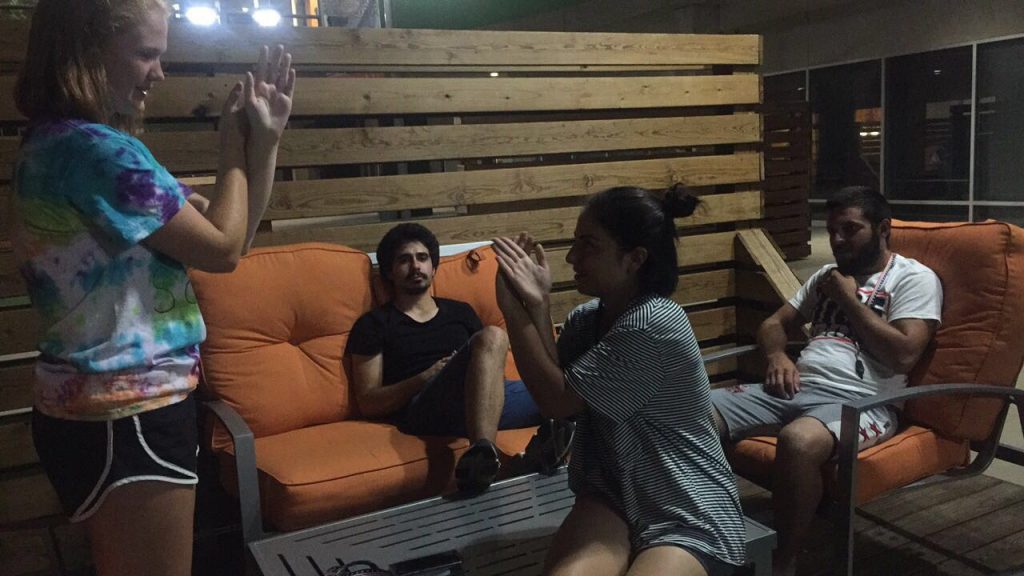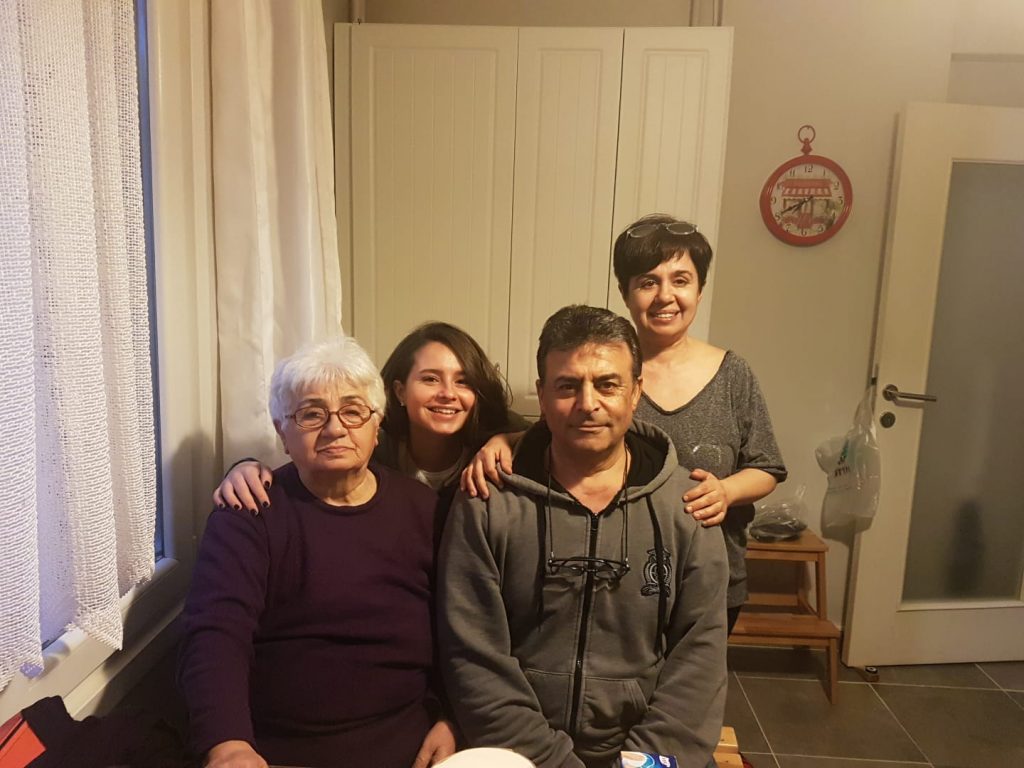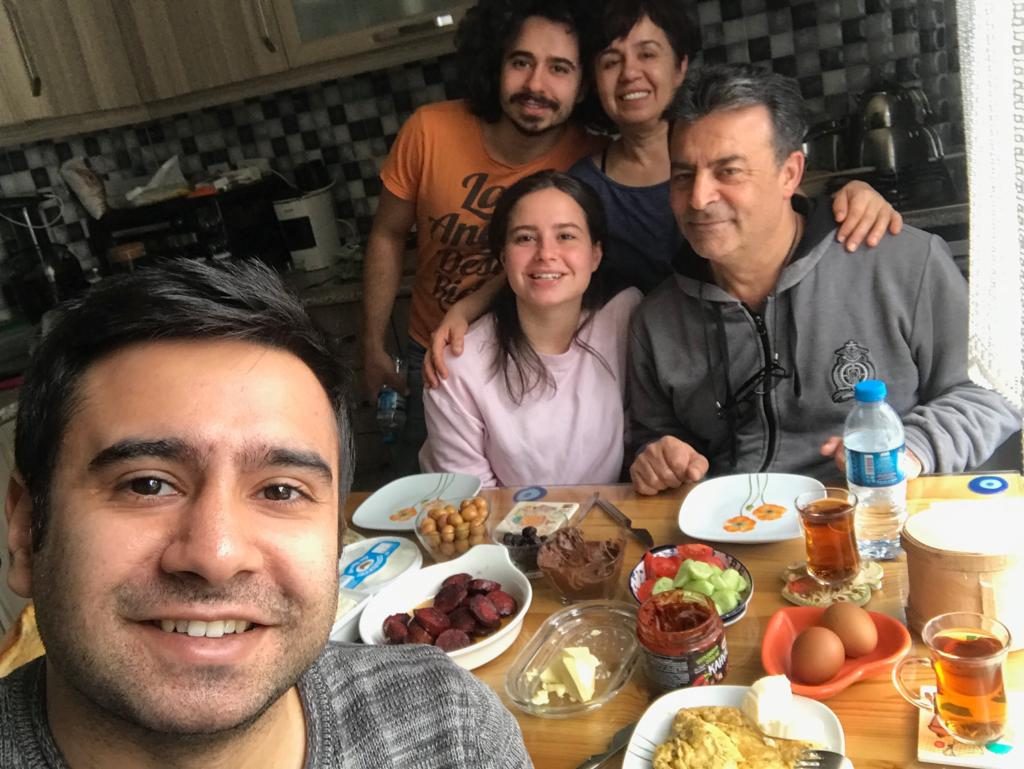“Death toll rises to 50 in New Zealand mosque shootings,”
“The gunman intended to continue his attack,”
“Manifesto filled with anti-Muslim Screeds-”
These are the words I read as I attempt to
Write a poem about an interview with my
Muslim brother.
I think back to the summer
My family welcoming him into our home
The laughs we shared after work into the late of night
Teaching each other new things
Protecting and Loving each other fiercely
Despite the obvious difference
In our skin and voice
When people find out that you are Muslim
They shift in their person
They go from friendly conversation
To barely saying anything at all
All because of what society has taught people to think
Uzay told me that if he could change anything about society
The religions would not be important
It would be who you are, what you do- that would be important-
And yet, the hatred is rooted so deep that
Senseless genocide seems to be the only response to difference
For a class about genocide, I am writing a poem about genocide,
Because I am reminded all the time that Uzay could be killed
For what he was born into– and not what he got to choose
Some say that Ignorance is bliss, but ignorance is far from bliss
Ignorance is the reason that I fear for the loss of my dear friend
Ignorance is the reason that muslims are universally stereotyped as violent
Ignorance is why 50 people that were trying to worship in their safe space
Are now dead
So when will it end?
Artist Statement:


I have never really written a poem, nor did I think I could, but passion made it seem like one of the easiest things that I have ever done. I seemed to have too many words for a narrative that made sense, so this free verse style of fragmented thoughts worked well to depict everything that was on my mind in the moment.



During my interview with Uzay, I asked about some things that I saw firsthand during his time in the United States. The stanza that starts, “When people find out that you are Muslim-,” is in response to a question that I asked- “How do you find people react to your religion?” Over the summer I saw people meet my friend with hesitation, aware of his foreign ethnicity at first glance. They treated him so differently from me and my fellow native co-workers, approaching him with fear and lack of knowledge. Anytime I see things in the news like the New Zealand Mosque shooting- which is referenced in my poem- I am reminded of how vulnerable Uzay is in this world that doesn’t practice tolerance and universal acceptance. Much like the persecution of Jewish people for their religion, the Muslim people of today are facing dangers for their religious beliefs as well. Because of the connection I was able to draw between the experiences, I couldn’t think of anything better to write about for this project.

